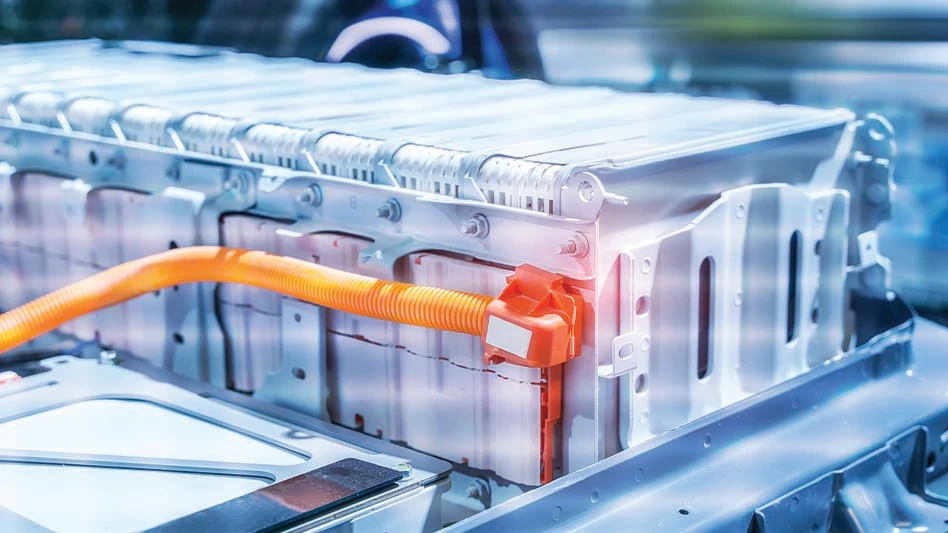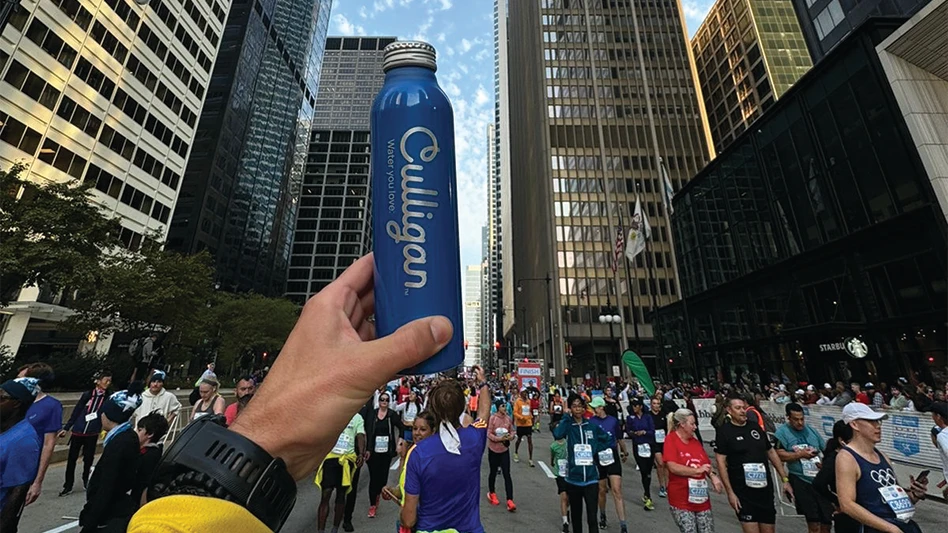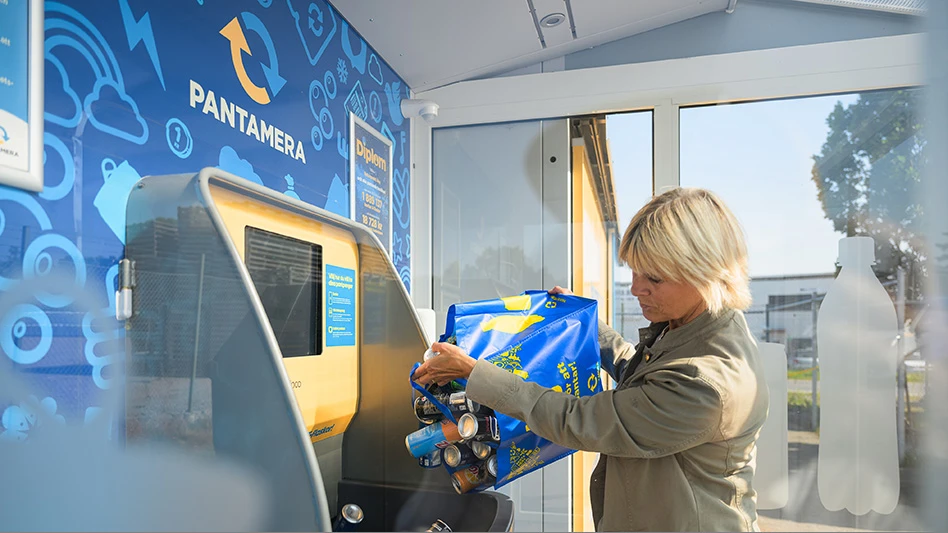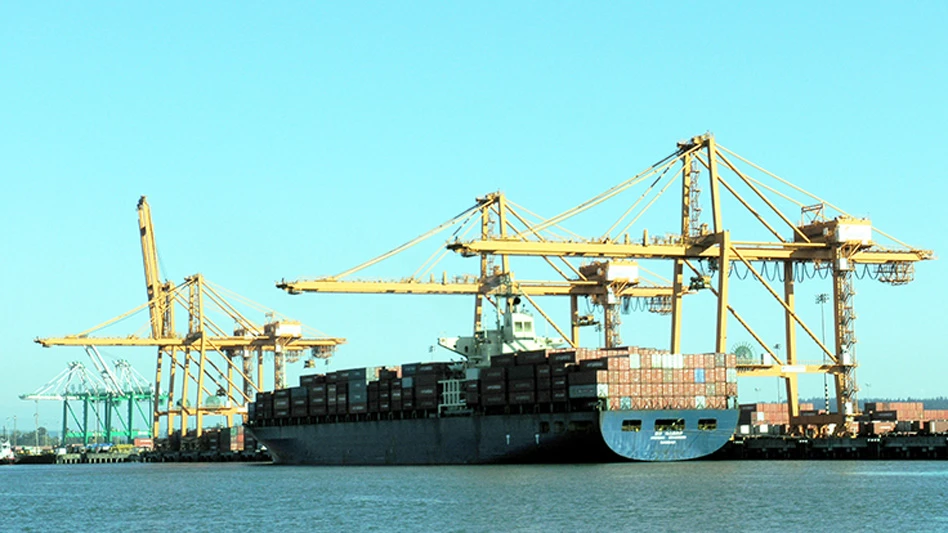Plastipak Packaging Inc., Plymouth, Michigan, is developing technology to reclaim bioplastics from streams of post-consumer polyethylene terephthalate (PET) containers.

The company’s goal is to identify and recapture the increasing quantity of bioplastics used to make rigid containers, such as the PlantBottle marketed by Coca-Cola Co., Atlanta.
The equipment in a new U.S. patent includes an apparatus for identifying a marker on a bioplastic container and machinery to manufacture containers that incorporate at least a portion of recycled bioplastic.
Several options for identifying bioplastics are outlined in the patent, including the use of scanners to detect a special trace material placed in the bioplastic by the original producer. However, the patent did not disclose specifics for the manufacturing equipment.
Clean Tech, a subsidiary of Plastipak, is among the largest suppliers of post-consumer recycled plastics in the U.S. It supplies the majority of Plastipak’s material requirements.
Customers are increasingly requesting post-consumer plastics in rigid containers. The new technology also could provide an opportunity to market recycled plastics as being made, at least partially, from bioplastic.
Patent 9,353,237; issued May 31, 2016
Detoxification. A system for removal of contaminants or impurities from thermoplastic scrap is described in a patent newly awarded to Erema Engineering Recycling Maschinen und Anlagen GmbH, Ansfelden, Austria. The company is already using the technology in its Vacurema systems for the recycling of post-consumer PET bottle flakes, PET in-house scrap and high density polyethylene (HDPE) bottle flakes.
In the invention, plastic scrap is heated under vacuum in a receiving tank, mixed and rinsed with a gaseous medium to remove contaminants. (See illustration.)
The patent states: “Besides various cleaning and washing processes, which mainly clean the surfaces, often other cleaning needs to be done, especially since most polymers are not ‘dense’ materials and migrations into the material can occur. These migrations, however, cannot be removed with washing processes acting merely on the surface or exterior.”
Patent 9,358,547; issued June 7, 2016

Recyclable dispenser. Procter & Gamble invented an aerosol dispenser made from materials that can go into a single recycling stream with no flammable propellant present. The outer container of the dispenser, which is typically made with metal, consists essentially of PET. Other components of the new design also use PET. A special hydrocarbon propellant that does not permeate PET is used. One of the components in the dispenser is a hydrophilic thermoplastic elastomer formulated to provide adhesion to PET and chemical resistance to silicone oil.
Patent 9,296,550; issued March 29, 2016
Mixed scrap. Rexest Group, Paide, Estonia, now in bankruptcy, filed a patent application for an improvement to its system for processing mixed food packaging scrap, including yogurt containers.
According to the application, the technology produces recyclate with a higher density and lower moisture content than previous approaches. The company established its first mixed scrap factory in 2011 in Estonia and sold the output, called PlastRex, for use in construction profiles as a replacement for wood-plastic composites. It’s not clear what the status of the technology is.
Patent application 20150258713; published Sept. 17, 2015
Get curated news on YOUR industry.
Enter your email to receive our newsletters.

Explore the October 2016 Plastics Recycling Magazine Issue
Check out more from this issue and find your next story to read.
Latest from Recycling Today
- Nucor expects slimmer profits in early 2025
- CP Group announces new senior vice president
- APR publishes Design Guide in French
- AmSty recorded first sales of PolyRenew Styrene in 2024
- PRE says EU’s plastic recycling industry at a breaking point
- Call2Recycle Canada, Staples Professional expand partnership
- Circular Services breaks ground on north Texas MRF
- Tariff uncertainty results in choppy nonferrous scrap flows





